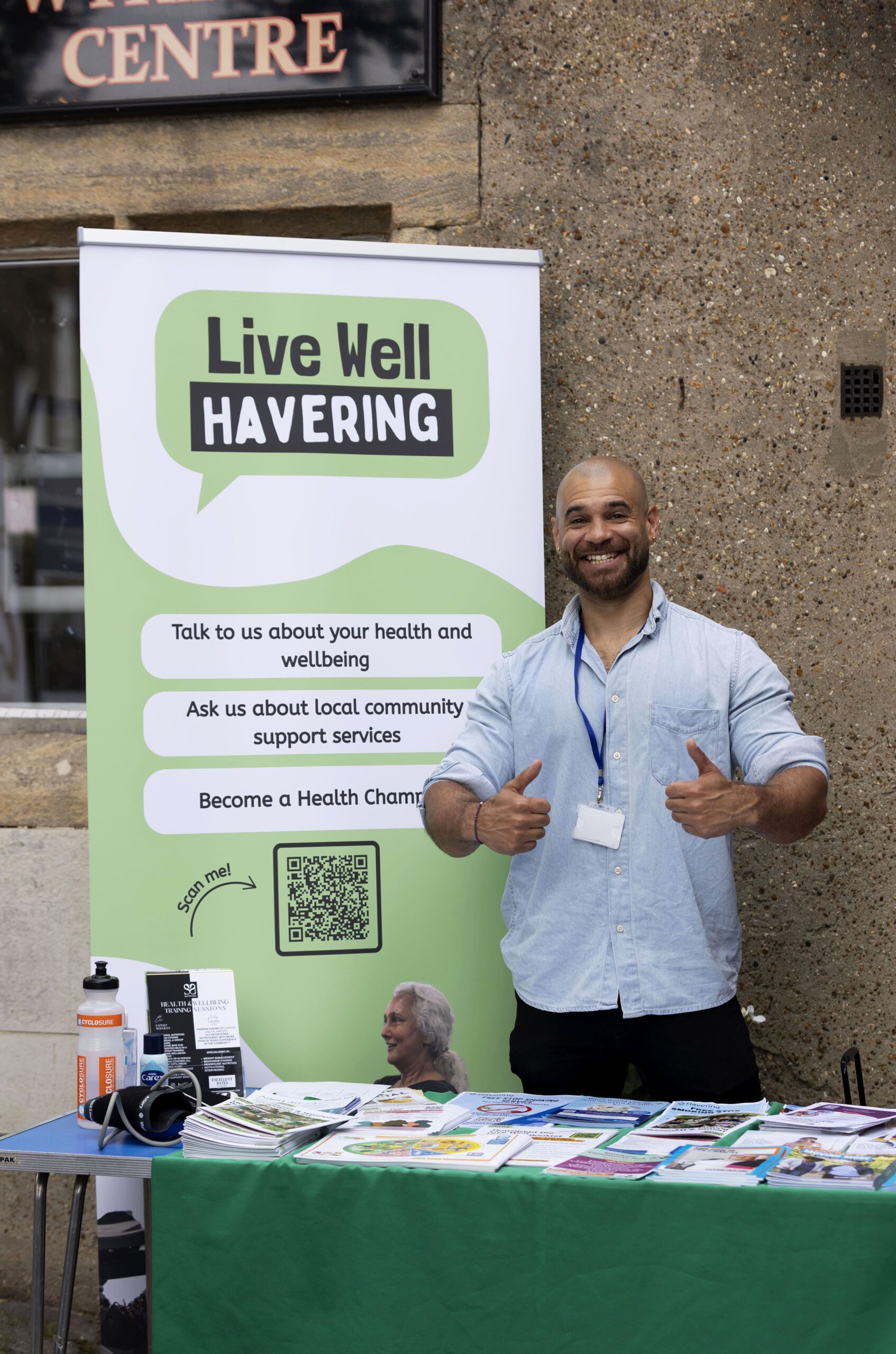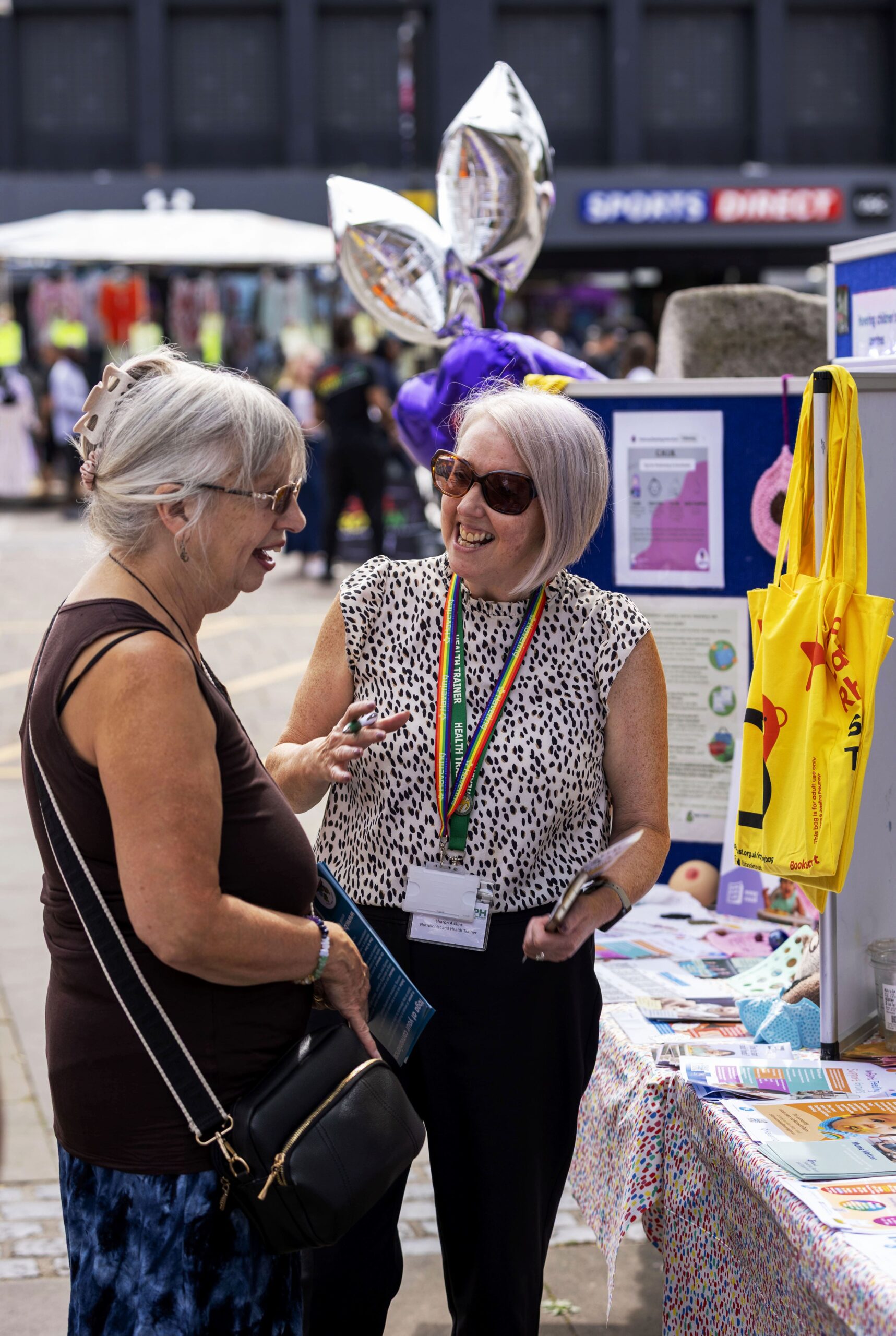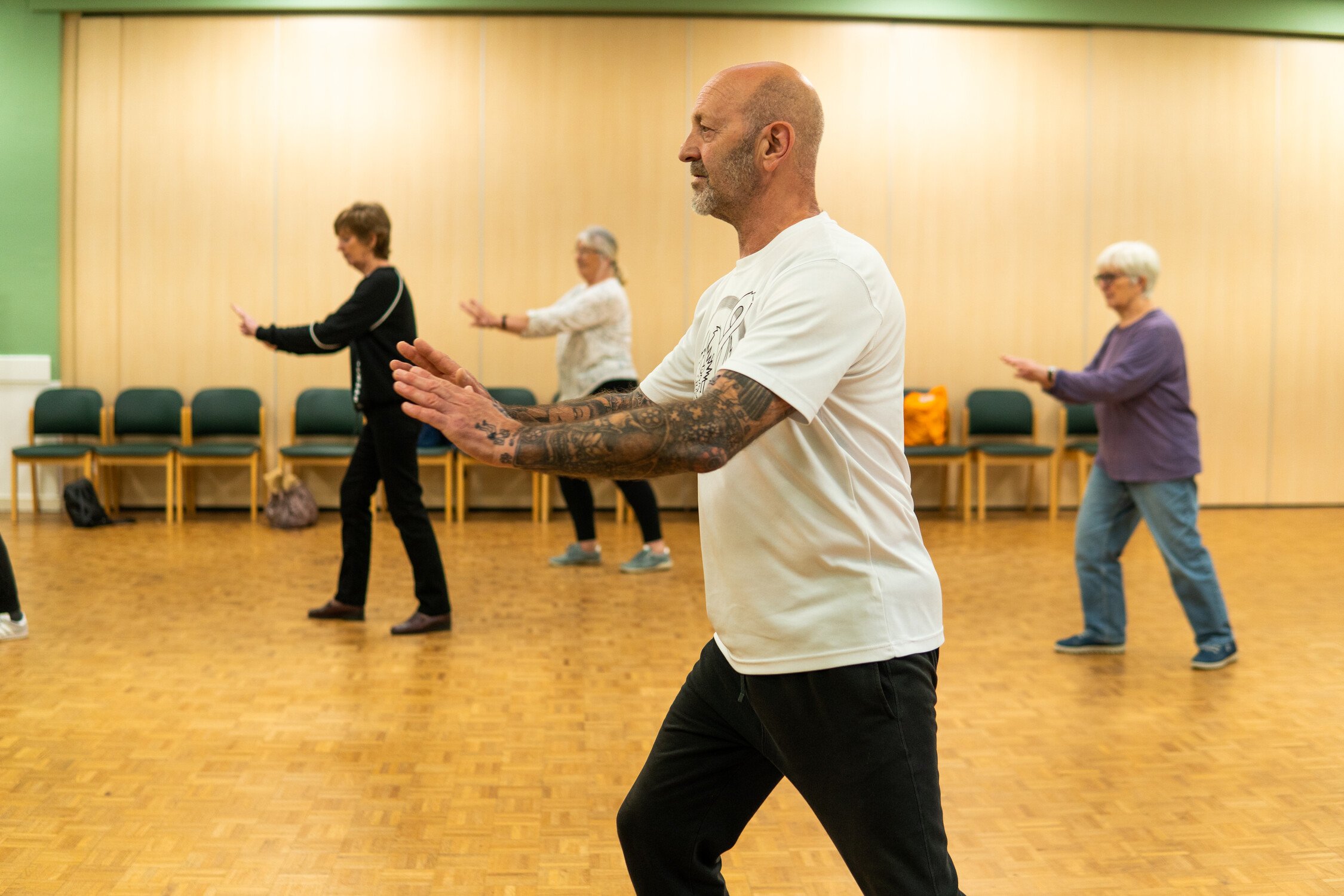Vaccinations
Vaccinations help keep you, your family, and your community safe - find out about the vaccinations you and your family are offered on this page.
Vaccines are the best way to stop you, your family, and those around you from catching different infectious diseases. Many of these diseases can result in serious illness and even death.
Not all vaccines stop infection completely. Some vaccines work by making your symptoms less severe. Vaccination also makes you less likely to pass on the infection to someone else.
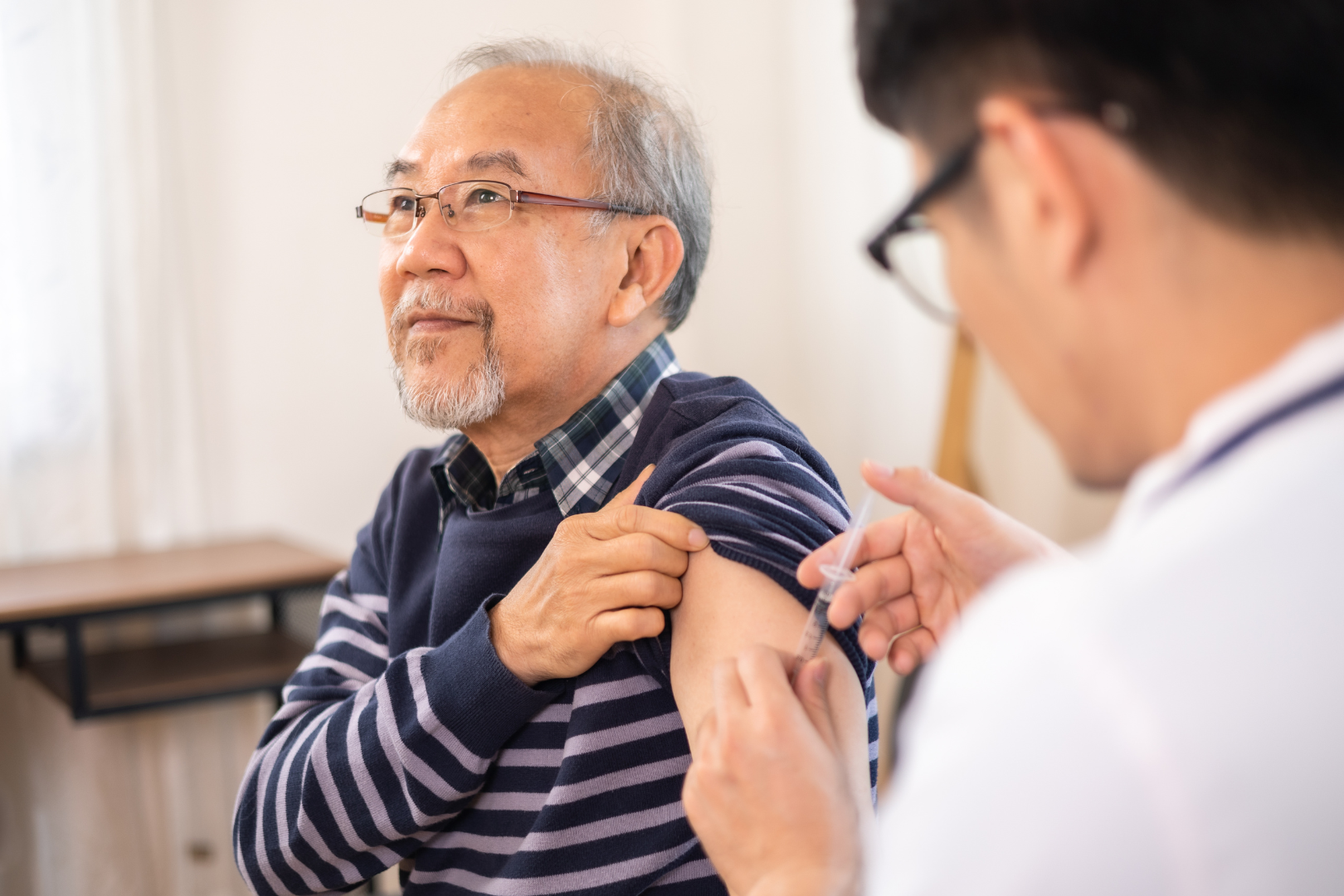
It's important that vaccines are given on time for the best protection. If you or your child has missed a vaccine, contact your GP to catch up.
What vaccines do I need?
Vaccines are given out as part of national programmes. This means everyone in the country is offered each vaccine depending on if they meet certain criteria (e.g. age).
Different vaccines are offered at different stages of life, so that they work the best they can, for as long as possible.
Childhood vaccines
You can find out what vaccines your child needs on the North East London website.
If your child has missed a vaccine, speak to your GP to catch-up.
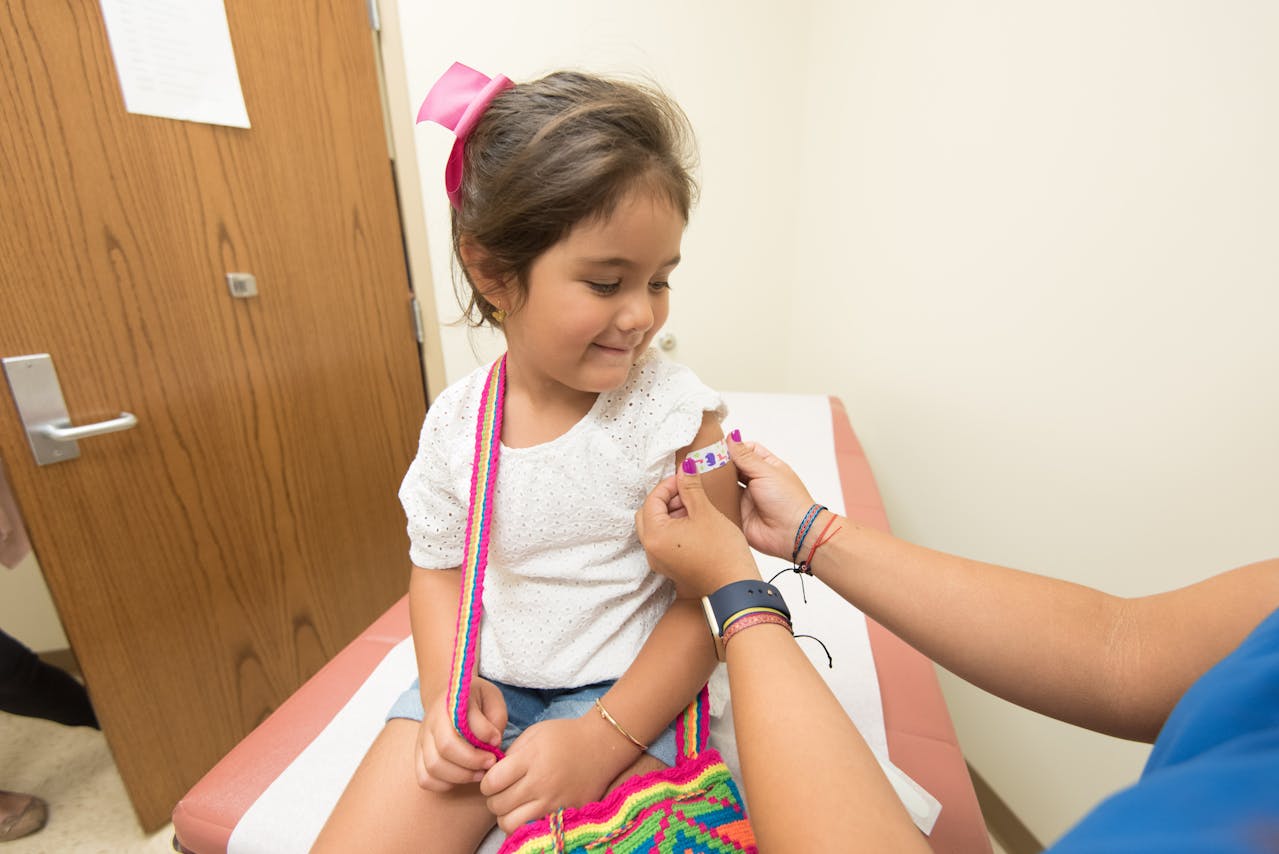
Vaccines during pregnancy
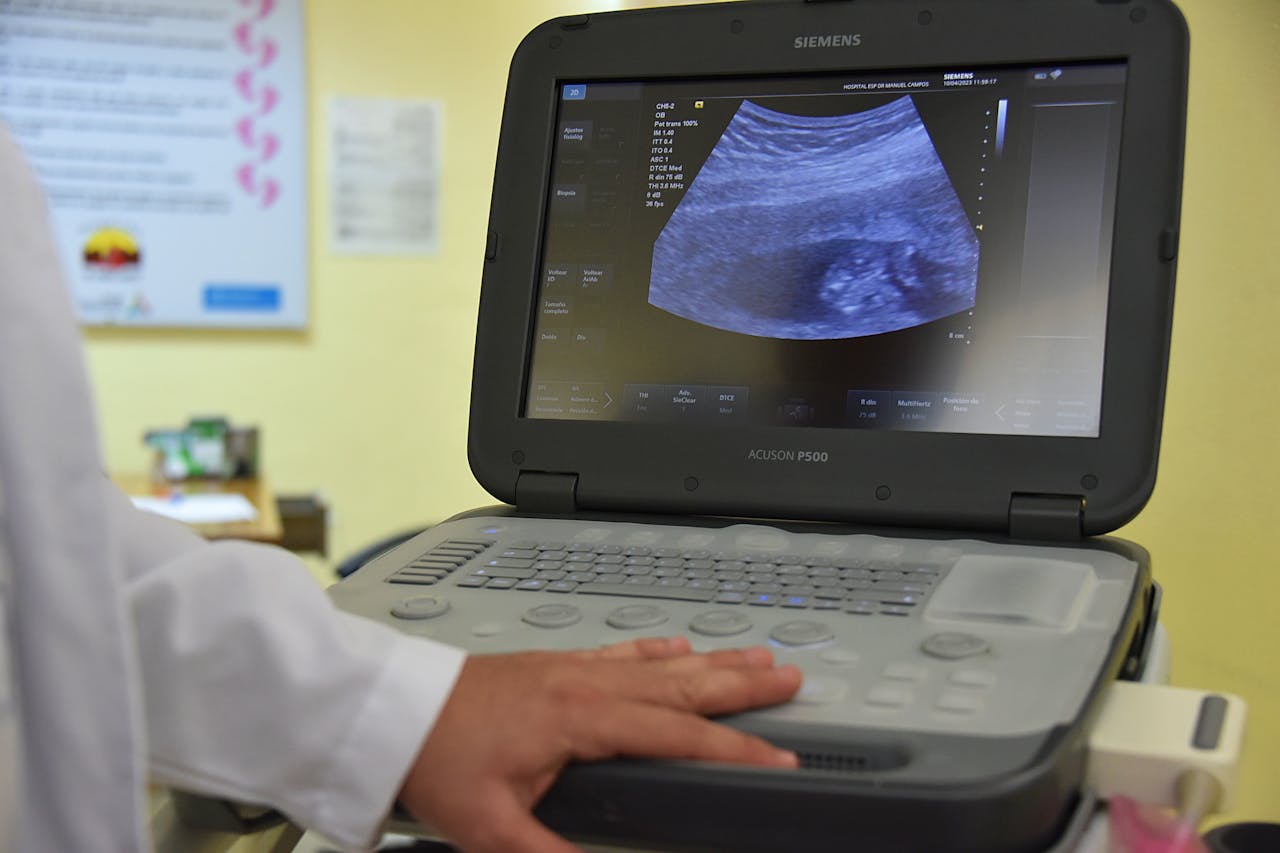
All of the vaccinations that are recommended during pregnancy have been shown through research that they help keep you and your baby safer.
You can find out what vaccinations you need during pregnancy on the North East London website.
Vaccines for adults
You can find out what vaccinations you need on the North East London website.
If you or your family missed any childhood vaccinations - or if you're not sure whether you had them - it's not too late.
You can still get vaccinated now so you are protected as an adult. Speak to your GP to catch up.
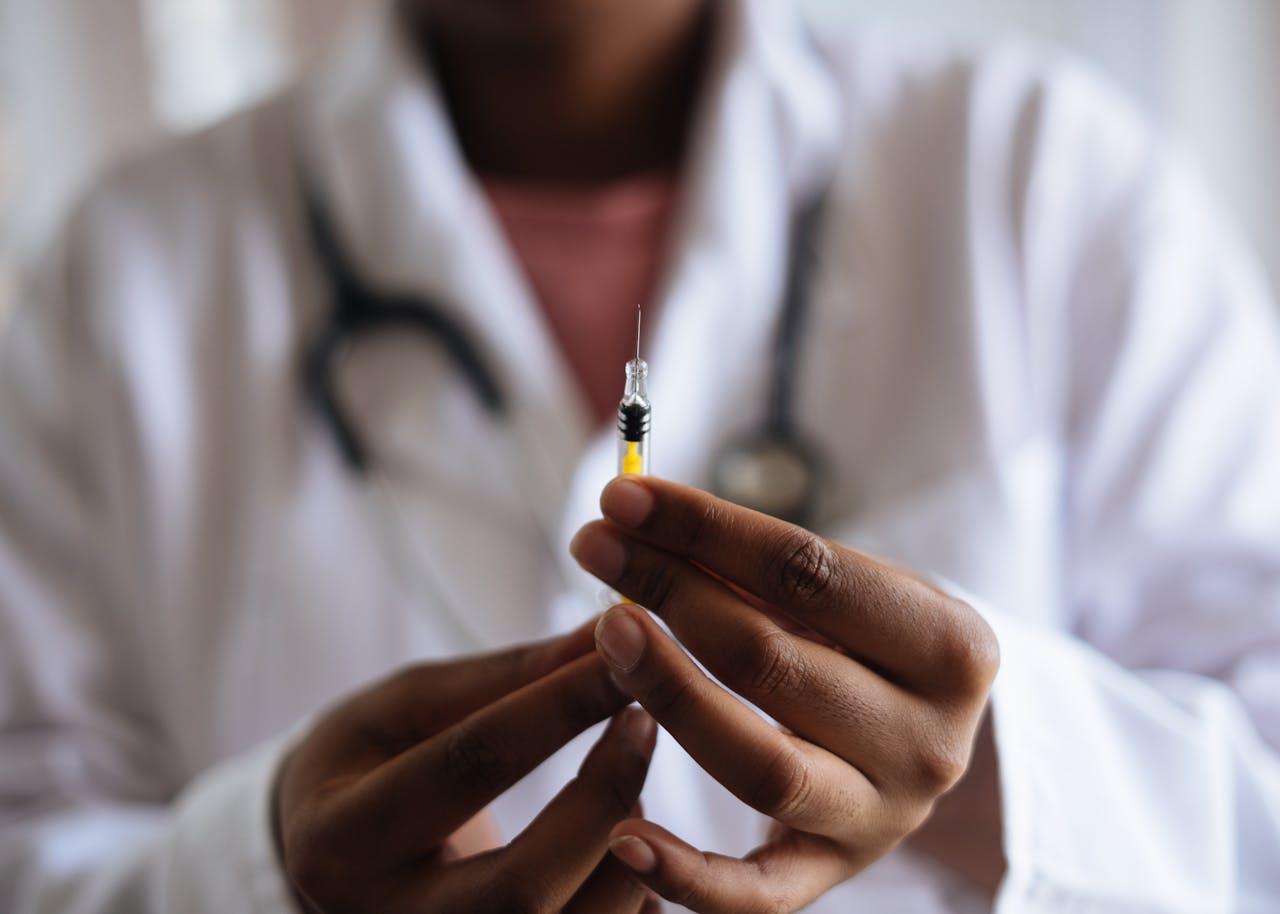
Are vaccines safe?
All vaccines have to go through in-depth testing to assess safety and make sure that they work before being offered to you.
Like all medications, vaccines can cause side effects. These are often mild and do not last long. A common example is that you may have a sore arm for 2 or 3 days.
During the process of recommending a vaccine for use, the risk of any side effects are weighed up against risk of catching the infectious disease. Side effects of all prescribed medicines, including vaccines, continue to be monitored all the time to make sure they are safe.
Register with your GP for vaccinations
You can register with a GP for free no matter what your migration status. Being registered with a local GP makes it easier to get vaccinations, because most are given out and organised by GP practices.
If you or your child got vaccinated in another country, or if you’re new to the UK and don't know your vaccination history, your general practice (GP) nurse can discuss this with you.
Even if you think you’ve already had the infectious disease concerned, vaccination can still give benefits. The practice nurse will make sure you and your family are offered the most up to date and appropriate vaccines.
Travel vaccinations
If you're planning a trip abroad, look on the NHS website for country-specific travel health information.
Being born in, or having family members from a country you’re travelling to does not mean you are already protected against common diseases in that country. You will still need vaccinations/malaria prevention if it is recommended for travellers to that country.
Contact your local pharmacy / GP to organise vaccines and anti-malaria treatment for travel. It's best to do this at least a month before you travel, as vaccines and malaria tablets take time to provide protection. You might need to pay for antimalaria tablets or some travel vaccines.
Related Articles
Upcoming Events
Upcoming events
No events found.


